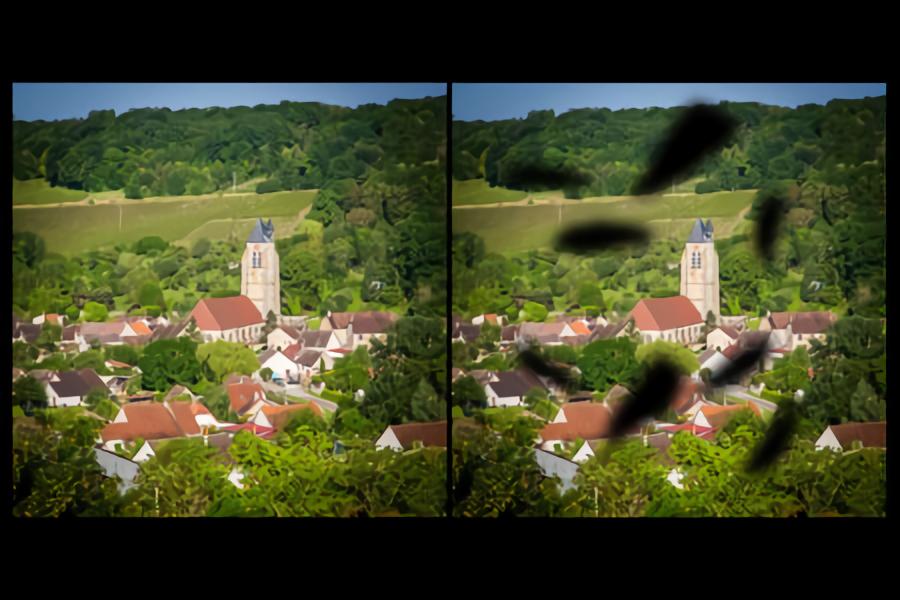Share This Article
Have you been told you’re suffering with diabetic retinopathy? Or perhaps you are experiencing some unexpected eyesight problems? It’s always best to see your doctor or medical practitioner if you have vision issues but this piece on diabetic retinopathy may help you to understand if you have the condition.
What is Diabetic Retinopathy?
This conditions is a result of diabetes due to high blood sugar levels affecting the retina, which is situated at the back of the eye. If left undiagnosed and untreated, it can lead to loss of your eyesight. It is a degenerative condition that can take a few years to reach severity but if you suffer with diabetes, you should regularly check your eyes to ensure you don’t have problems in the future and to protect your vision.
If you have diabetes, you should do the following:
- Control your blood sugar levels.
- Control your blood pressure.
- Control your cholesterol levels.
Additionally and as mentioned, you must go for regular eye tests, at least once a year.
Diabetic Retinopathy Symptoms
The condition affects the retina, which is a light-sensitive collection of cells at the back of the eye that signal the brain to convert electric signals into images. To work to the optimum, the retina needs constant blood supply. The blood is delivered to the retina through tiny blood vessels, but consistently high blood sugar levels can affect the blood vessels as follows:
- Through tiny bumps that develop in the blood vessels. These can cause a bleed but usually, this won’t affect your eyesight. The clinical name for this is Background Retinopathy.
- Through a bleed in the eye, which happens when there’s a drastic change that affects the tiny blood vessels. The clinical name for this is Pre-Proliferative Retinopathy.
- Through scar tissue and weakened blood vessels that bleed easily. This can affect your vision. The clinical name for this is Proliferative Retinopathy.
Being Diabetic
Unfortunately, if you suffer with Type 1 diabetes or Type 2 diabetes, there is a risk of diabetic retinopathy. You are very much at risk if you’ve suffered with diabetes for a long time, your blood glucose levels are consistently high, you have high cholesterol, you are pregnant or if you are of Asian or Afro-Caribbean ethnicity.
Keeping your blood sugar, cholesterol levels and blood pressure in check can reduce the risk of developing the condition.
Diabetic Retinopathy Symptoms
During the early stages of the condition, you won’t experience any noticeable symptoms as it tends to worsen with time. Having regular eye tests can pick up early signs of diabetic retinopathy so it is worthwhile visiting your optician at least once a year to protect your vision. It is advisable to contact your doctor, medical practitioner, or an eye specialist if you notice your vision worsening, a sudden vision loss, floating shapes appearing in your vision (known as “floaters”), blurring of vision or patchy vision and eye discomfort.
Always check out anything untoward, especially when it comes to your eyes! By picking up the condition early, you can detect the problems before your vision is affected and prevent you from suffering total loss of eyesight.
Diabetic Retinopathy Stages
There are three stages to diabetic retinopathy (https://irisvision.com/different-types-of-diabetic-retinopathy/) and the condition develops over time.

Stage 1, Background Retinopathy
This relates to the tiny bumps in the blood vessels where the retina is and is when the blood vessels leak a tiny amount of blood. You won’t experience any sight loss, but you are at risk of vision problems developing over time. No treatment is necessary, but you must maintain your blood sugar levels and cholesterol levels.
Stage 2, Pre-Proliferative Retinopathy
This stage relates to more severe diabetic retinopathy and your retina is experiencing bleeding directly into the area. Left untreated and you risk blindness so you must have eye appointments every few weeks to monitor the condition.
Stage 3, Proliferative Retinopathy
This is the most severe level and means scar tissue and new blood vessels have formed on the retina. This could result in a bleed in the eye which may detach your retina. You must get this treated to stabilize your vision or you could go blind. Left untreated and you risk complete loss of eyesight.
Diabetic Retinopathy Treatment
Treatment is only administered if your vision is at risk and consist of various procedures, such as lazer treatment, an operation to remove scar tissue or blood in the eyes or injecting medicine directly into the eye. These treatments are day cases and usually conducted with local anaesthetic. Recover is anything from 4 to 12 weeks, depending on the severity of your diabetic retinopathy.
Do seek proper medical advice if you have diabetes, to monitor your eyesight, or if you experience any of the above symptoms.

